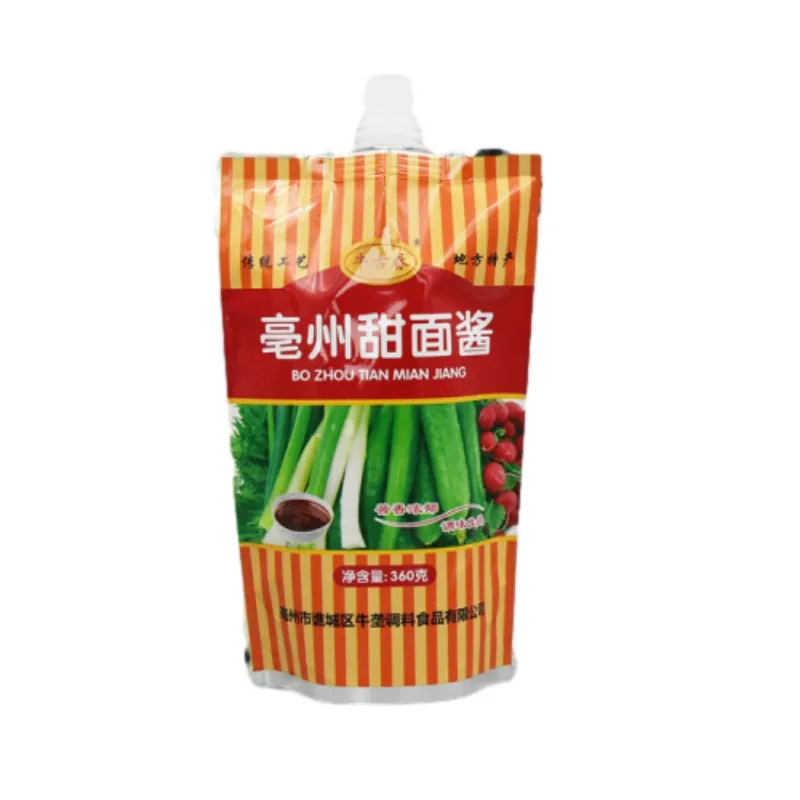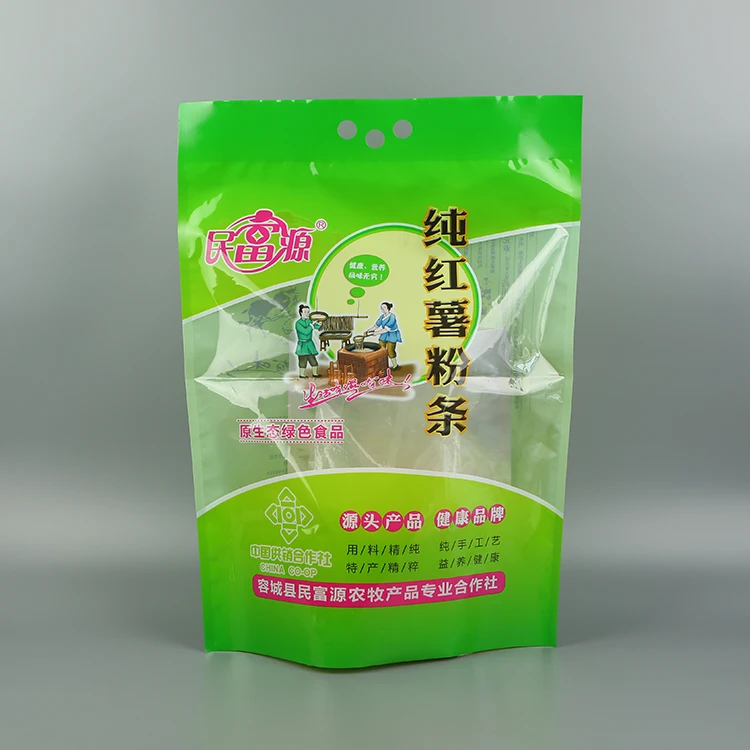Unveiling the Impact and Future of Takeaway Plastic Bags in the Food Industry

The ubiquitous takeaway plastic bag is often an understated yet crucial element in the food industry. As consumers, we appreciate their convenience, but there's more complexity beneath their seemingly simple facade. Delving into their role reveals the interplay of consumer behavior, environmental impact, and industry trends that shape how they are used today and how they may evolve in the future.
Takeaway plastic bags are integral to the modern food service landscape, providing practicality for both businesses and consumers. From a restaurateur's perspective, these bags offer a cost-effective solution to manage the logistics of food delivery and to-go services. Their lightweight nature allows businesses to minimize shipping costs while maintaining a degree of protection for transported foods. However, their environmental repercussions, heightened by the global movement towards sustainability, challenge this convenience.

As businesses increasingly encounter eco-conscious consumers, the responsibility of reducing plastic waste becomes more significant. Statistics indicate that billions of plastic bags are used every year, with a substantial portion ending up in landfills or the ocean, leading to severe environmental consequences. This phenomenon has escalated the urgency for businesses to rethink their packaging strategies, prompting a shift towards more sustainable materials.
From an expert’s perspective, the transition to eco-friendly alternatives involves more than merely replacing plastic bags. It necessitates understanding material properties, lifecycle analysis, and consumer perceptions. Biodegradable and compostable bags, for example, have gained popularity in many regions. These alternatives are created from plant-based materials that decompose more efficiently than traditional plastics. However, it is imperative to ensure that these bags do not compromise the safety and quality of the food they carry.
Furthermore, the effectiveness of biodegradable bags depends significantly on the conditions of disposal. In many cases, such bags require industrial composting facilities to break down properly, which may not be readily available in all areas. This gap necessitates collaboration between governmental bodies, waste management companies, and the food industry to enhance infrastructure and encourage responsible disposal practices.
takeaway plastic bags
Moreover, authority figures within the industry, such as policymakers and sustainability experts, play a pivotal role in guiding businesses through this transition. By implementing policies that encourage or mandate the use of sustainable packaging, they can drive industry-wide change. Countries altering legislation to impose taxes or bans on plastic bags exemplify governance's crucial role in influencing corporate behavior and consumer practices.
Alongside legislation, innovation in packaging technologies is enhancing the feasibility and appeal of sustainable options. Research and development efforts are continually making headway in creating high-performance eco-friendly materials that can match or exceed the durability and cost-effectiveness of traditional plastics. Digital technology also contributes by optimizing logistics and inventory management, which can minimize waste and enhance the efficiency of packaging systems.
Trust remains a critical element for consumers as they seek transparency about the environmental authenticity of the products they use. Brands that display honesty in their sustainability efforts and provide clear information about their packaging materials can significantly bolster consumer trust. This approach not only aligns with ethical practices but also strengthens brand reputation and customer loyalty in a competitive market.
The narrative surrounding takeaway plastic bags is evolving, prompted by a collective need to balance practicality with environmental stewardship. In the near future, the continued collaboration between businesses, consumers, policymakers, and researchers will be essential in crafting solutions that meet consumer demand while mitigating environmental impact.
To remain competitive and socially responsible, businesses in the food industry must adopt a comprehensive approach tailored to specific geographical and market contexts. By embracing innovation, adhering to regulatory frameworks, and committing to transparency, they can navigate the complexities of packaging sustainability effectively, ensuring that the convenience of takeaway does not come at the expense of the planet.